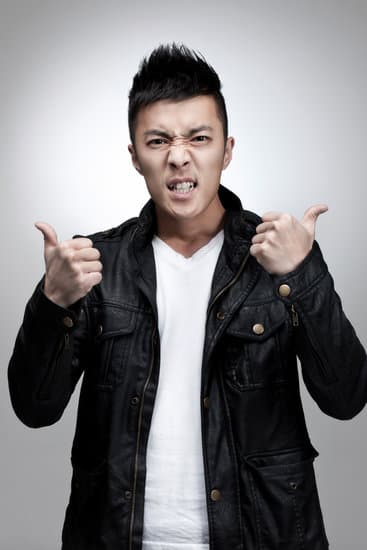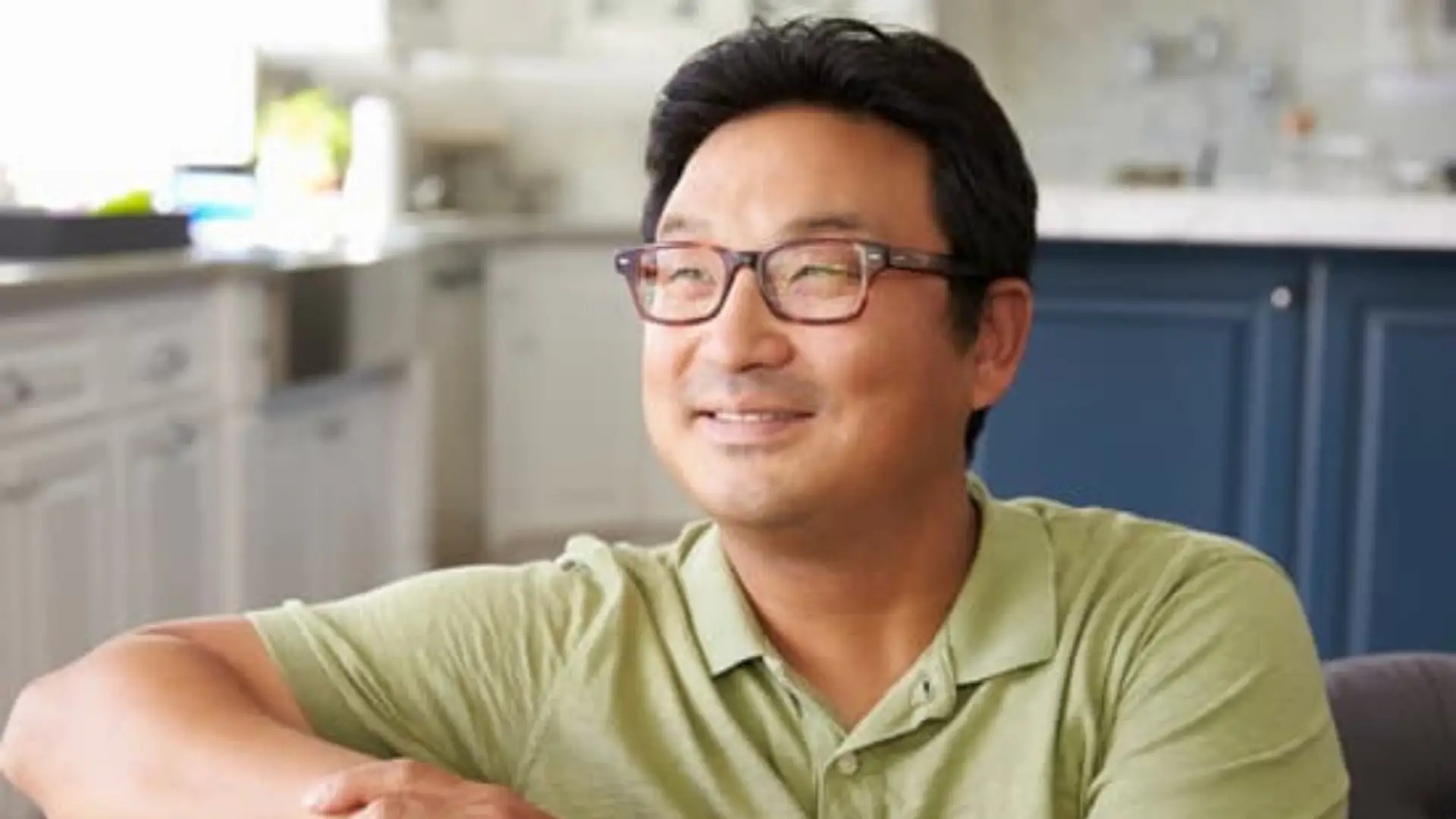Why don’t Korean people have beard?
As another No-Shave-November rolls around, many men around the world contemplate whether to follow the trend and ditch their razors for a month this year.
For Korean men, it’s a bit of a different story. Whether Korean men cannot grow a beard at all, or if Koreans just prefer to be hairless is something that many of us have wondered at some point.
In Korea, facial hair is regarded as “untidy” and “dirty”; while being clean-shaven is a sign of sophistication and class.
What are the reasons behind this, and do Koreans dislike beards on men as a rule? Let’s look at the most important question first.
- Read Can Chinese grow beards?

Table of Contents
Can Korean men grow facial hair?
The answer is yes, Korean men (mostly) can grow facial hair. But then, why don’t they grow it out?
Korean men can grow facial hair, but for most men, the hair is sparse and ends up looking untidy. Asian men generally have lighter beards than men from Europe, America and the western hemisphere. This is attributed to lower levels of testosterone and DHT in them.
One theory traces this back to evolution. When people started migrating across the world, their bodies developed according to the climatic needs of the region they migrated to. People in cold climates developed a lot of body hair to ensure survival, whereas people in hotter or temperate climates, like Korea, did not.
While this theory does not explain everything, it does provide a possible reason behind the patterns of body hair growth in men around the world.
Taking a look at Korean history
The aversion of Korean men to facial hair is not only based on their unstable relationship with growing a full beard. It also has much to do with history, and how it has impacted the way Koreans view beards.
-
Joseon Dynasty
The Joseon Dynasty was an important era in the history of Korea. Ruling over the Korean peninsula for over five centuries until the Japanese occupation, the effects of this dynasty’s rule can still be observed in Korean culture and in Korean men’s shaving regimen.
In the Joseon culture, it was a custom among men to avoid trimming facial hair. However, during the Gwangmu Era from 1897 to the 1900s, many reforms were introduced to modernize Korea. Part of these reforms included Westernizing the lifestyle of the people.
Aside from educational, sanitary, and administrative changes, people were urged to adopt a Western militaristic lifestyle. Thus, having a clean-shaven face started to become part of the new standard of civilization.
Korean Culture
Whether this cultural aversion to beards has to do with the low testosterone levels in Korean men which makes their beards shaggy and sparse, or the historical details of Korean culture which have slowly drilled home the idea of beards on Korean men as undesirable, we cannot be sure. Our best guess is, both!
Culturally, being clean-shaven in Korea is a sign of sharpness and youth. Young Korean men with facial hair are often assumed to be unsanitary and disheveled. However, this is not only attributed to younger men. Many older Korean men with beards are regarded as “eccentric” or “poor”.
At the same time, beards on older men are also seen as a sign of wisdom. Contradictory as it sounds, some Koreans say that it is disrespectful for a young man to have a beard around an old man who does not. Since respect based on age is a significant element of Korean culture, it makes having a beard uncomfortably rebellious.
The influence of media
The Korean media has also strengthened the idea of beardlessness as a standard of beauty. BTS and other K-pop bands, which are at the forefront of male media fashion, almost all sport clean-shaven faces.
The boyish, clean-shaven faces of these single young K-pop stars are also used as a tool to market them as “boyfriend ideals”, which not only plays to current cultural standards but strengthens them as well.
In Korean media, being clean-shaven is also a symbol of stability and success. In many Korean dramas, a man grows a rough unkempt beard as he hits rock bottom and starts living on drugs and alcohol. And when he gets up and decides to get his life back on track, he dons a sharp suit and shaves his face clean.
Subtle messages like these propagated through media market cultural values and have a very strong impact on what people like and dislike.
Korean and Foreign Beauty Standards – What appeals to the opposite gender?
Despite the evolving standards of healthy masculinity in the Western world, men being conscious of their looks have been generally regarded as feminine and undesirable. Whereas in Korea, most women prefer clean-shaven men because it is a sign that the man takes care of himself and his appearance.
The Western world defines masculinity with completely different traits: strength, ruggedness, and roughness. While many of these standards are now understood as toxic to both men and women – men are now encouraged to show their vulnerabilities more – the large, rough, hairy look is still a strong contender on the sex-appeal chart. The evidence for which can be seen in how much of a heartthrob Jason Momoa is.
However, the Western standards of male desirability aren’t exclusive to just that side of the world. Korean women have claimed that while they prefer their own men clean shaven, they find foreign men with well-groomed beards very attractive.
Conclusion
It’s interesting to note how different the standards of masculinity are in Korea. While some part of these standards is based on the biological aspects, much of it is dependent upon how the culture of Korea has evolved over the years. In the Western world, being rugged and having facial hair is seen as a sign of strength and masculinity. Koreans, however, feel that facial hair isn’t a sign of masculinity at all, but laziness.
In the end, all of this shows the subjectivity of the concept of beauty itself – an argument that advocates in the favor of the long-standing proverb: beauty really does lie in the eye of the beholder!
You may also like:


